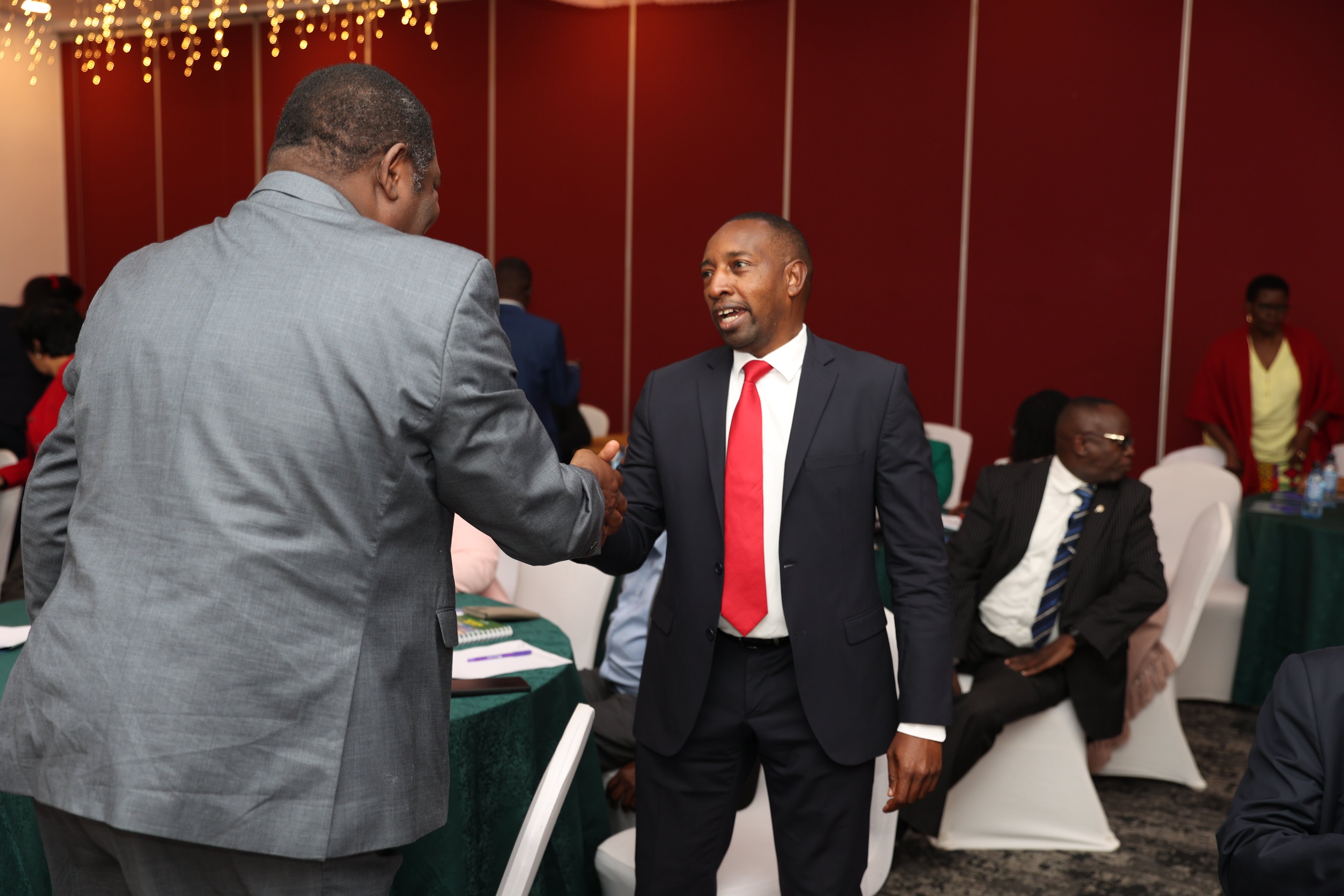
A decisive intervention by the International Olympic Committee (IOC) may finally unlock the stalemate that derailed the National Olympic Committee of Kenya (NOCK) elections, after the global body affirmed that federation presidents are the rightful voting delegates.
The
IOC’s directive follows the chaotic postponement of the April 24
elections, which collapsed after four federations—triathlon, handball,
volleyball and taekwondo—clashed over who held legitimate voting
authority between their presidents and secretary generals.
The
impasse forced NOCK's top brass — President Paul Tergat, First Deputy
President Shadrack Maluki, Secretary General Francis Mutuku and
Treasurer Eliud Kariuki — to convene an emergency session in a bid to
salvage the process.
However, attempts to broker a consensus failed, leading to the indefinite suspension of the polls.
In
a letter addressed to Tergat, the IOC reiterated that voting rights
must align with the provisions of the NOCK Constitution, adopted in
March 2017 and approved by the IOC the following month.
“The
procedure relating to the conduct of the NOCK Elective General Assembly
and the election process is clearly established in the NOCK
Constitution (as adopted by the NOCK General Assembly on March 28, 2017,
and approved by the IOC on April 10, 2017) and must be strictly
followed,” the IOC stated.
The global body cited Articles 13.1, 14.6 and 17.12 of the constitution, which should guide the NOCK electioneering process.
Article
13.1 stipulates that all federations shall be represented by two
delegates — one being the president or secretary general, with only one
designated as the voting delegate.
Crucially,
Article 14.6 mandates that federations must inform the NOCK Secretary
General in writing of their delegates, clearly specifying who among them
holds the vote.
While the
constitution allows room for flexibility in cases of absence, the IOC
clarified that, in principle, the Presidents of the various federations
hold the vote.
"In principle,
it is the President of each Federation (who is normally the main legal
representative of the Federation) who should be the voting delegate of
the federation, unless he/she is absent or unable to attend for any
reason, in which case the federation should appoint another voting
delegate, as mentioned in the NOCK Constitution."
The
IOC further emphasised that internal disputes must be settled by the
NOCK General Assembly, the supreme decision-making organ, as outlined in
Article 33.
“It is indeed
very regrettable to note that the quadrennial elections had to be
postponed due to last-minute internal disputes,” the letter read.
"Again,
as stipulated in the NOCK Constitution, any dispute should be simply
referred to the NOCK General Assembly, which is the supreme
decision-making body."
Article
33 of the NOCK constitution states that the executive committee, in
close conjunction with the board of trustees, shall have the power to
interpret the constitution, subject to final decision by the general
assembly, whose interpretation shall be final and binding.
The IOC urged NOCK to resolve the stalemate promptly and proceed with the elections in line with constitutional guidelines.
"We
hopethe above-mentioned approach will make sense and will help address
and resolve the current impasse, so that the NOCK elections can resume
and conclude as soon as possible."
"We
are counting on all NOCK members and all concerned parties to act
responsibly and in good faith, in line with the NOCK Constitution and
the Olympic Charter, to avoid unnecessary complications and make sure
that the process can be completed smoothly."













